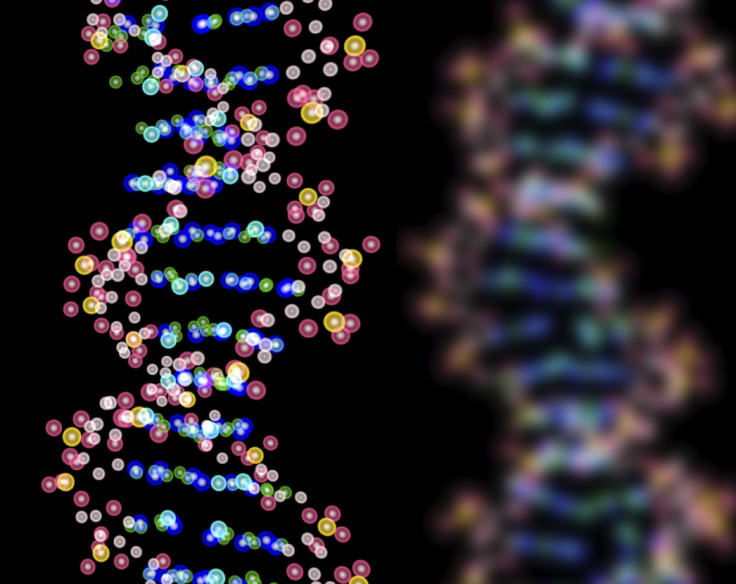Genetic superheroes who have mutations but no disease discovered

Thirteen 'genetic superheroes' who carry genetic mutations linked to severe diseases, yet are completely healthy, have been found by scientists. Researchers say these people could provide an important insight into how to treat these diseases.
The researchers, from the Icahn School of Medicine at Mount Sinai, looked at 12 previous genome studies, including information from more than 589,000 people. They reported their findings in the journal Nature Biotechnology.
Researchers were looking for people that carry genetic mutations that cause Mendelian disorders. These include cystic fibrosis and SmithLemli-Opitz and atelosteogenesis, for which there is no cure. Normally people with these mutations will go on to develop the disease.
However, after searching through the genome studies through an in-depth analysis process, they found 13 individuals who carried the mutations, but were completely healthy and showed no signs of disease. Analysing these individuals in more detail could allow the scientists to find the reason why they are not affected by the mutation.
"Most genomic studies focus on finding the cause of a disease, but we see tremendous opportunity in figuring out what keeps people healthy," said Eric Schadt, researcher working on the study. "Millions of years of evolution have produced far more protective mechanisms than we currently understand. Characterising the intricacies of our genomes will ultimately reveal elements that could promote health in ways we haven't even imagined."
Unfortunately, the 13 genetic superheroes could not be contacted because of the original studies' informed consent policies - they signed a contract saying they could not be re-contacted after the end of the study. This means it will be impossible to find out if they are truly resistant to the diseases. As a result, the scientists say their findings should raise questions and future research into informed consent policies.
In a related News & Views article, Daniel MacArthur from the Massachusetts General Hospital, who did not work on the study, said the work highlights the need for public support in research, as well as "responsible sharing of data on a massive scale".
"Finding genetic superheroes will require other kinds of heroism – a willingness of participants to donate their genomic and clinical data, and a commitment by researchers and regulators to overcome the daunting obstacles to data sharing on a global scale," he wrote.
© Copyright IBTimes 2025. All rights reserved.




















